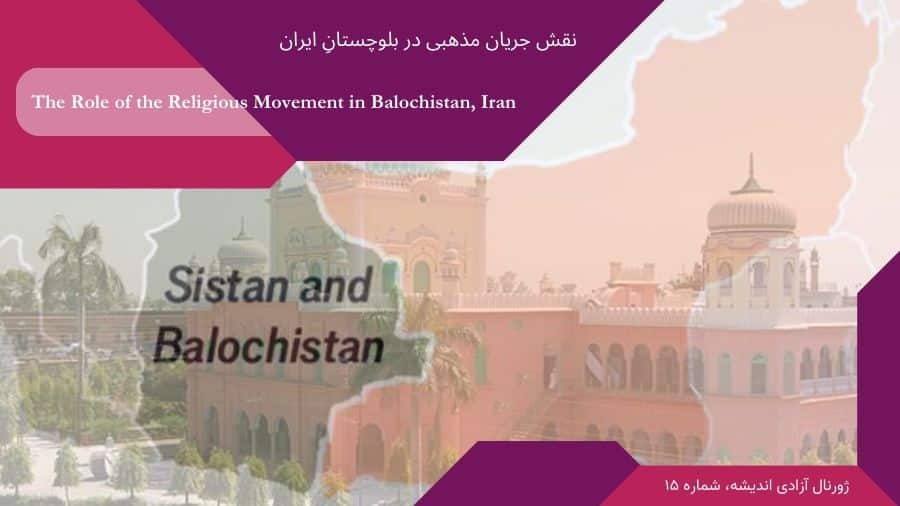With the introduction of Deobandi thoughts from the Indian subcontinent to Balochistan, the followers of this school gradually promoted and established Deobandi thoughts in Balochistan. Initially, they aimed to eliminate the dervishes and Khorasani Sufis in Balochistan and then issued a fatwa for jihad against the British. In the turmoil of religious zeal, the first victims of Deobandi’s influence in Balochistan were the followers of “Zikri.”
Then they turned to local artists and craftsmen, and after them, with a patriarchal interpretation of the Quran and Sunnah, it was the turn of Baloch women. As a result, by boycotting local artists and craftsmen, they forced them to migrate to big cities.
Also, they deprived Baloch women of active participation in social life, condemning them to stay in the inner parts of the houses. After a while, with the occurrence of the revolution in Iran, the political arena in Balochistan experienced a power vacuum, which itself led to the serious entry of the Deobandis into the political sphere.
They, with the cooperation of the Islamic government, took action to eliminate the Balochi leftist movement in Balochistan. Gradually, in theological conflict with new rivals such as “Tablighi Jamaat” and “Muslim Brotherhood,” who mainly had Salafi and Wahhabi thoughts, the Deobandis entered into a fundamental confrontation with these latter groups.
This confrontation ultimately led to the unchallenged dominance of the Deobandis in Balochi society. The intention and goal of the Sunni clergy in Balochistan were to combat Sufism and mysticism, Zikris, Lodis, or local artists, women, and leftists, and to harass and persecute them.
This article aims to depict the field of religious action in Balochistan broadly. Additionally, it attempts to address the issue of the influence of the religious movement, especially the Deobandi school, in Balochistan and portray their role in Balochi society. Furthermore, I will explain how the religious movement entered the social sphere in Balochistan, Iran, and in the end, point out the reasons for its dominance in Balochi society.


